The no-limits strategic partnership between Moscow and Beijing is about two global leaders bringing their strengths together to challenge the US-led ‘rules-based order’
When India’s chief of defense staff, Gen. Anil Chauhan, who is authorized to speak on strategic issues says “the geopolitical importance of Russia will go down in times to come,” and “we will see a more assertive China in times to come,” it is time to wonder if India understands that Russia and China together are playing a big role in creating and stabilizing the new multipolar world order.
It was during Chinese President Xi Jinping’s first visit to Russia in 2013 that he proposed building a “community of a shared future” at the Moscow State Institute of International Relations (MGIMO University). There he mentioned concepts like the Global Development Initiative (GDI), Global Security Initiative (GSI) and Global Civilization Initiative (GCI), which became the basis of One Belt One Road, announced in Kazakhstan the same year.
Since OBOR was an evolving reality where more "roads" were added, it was later renamed the Belt and Road Initiative (BRI). Moreover, the GDI, GSI and GCI were announced to the world by Xi in 2021, 2022 and 2023 respectively for the nations of the Global South, which were attracted to Beijing’s alternatives to the US-dominated Bretton Woods institutions, the National Development Bank, Asian Infrastructure Investment Bank, and Silk Road Fund, but had not yet joined the BRI.
As two geostrategic players with global visions and the capability, capacity, and political determination to shape them, Russian President Vladimir Putin and Chinese President Xi Jinping have met 42 times since 2013. Their main purpose has been to synchronize two visions – Russia’s Greater Eurasia and China’s BRI.
Read more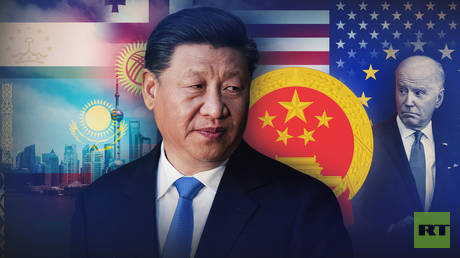 China spreads its wings: As the US tries a new gambit, Beijing has found a way to outplay Washington
China spreads its wings: As the US tries a new gambit, Beijing has found a way to outplay Washington
Greater Eurasia, a dynamic concept like the BRI, seeks to integrate Putin’s vision of a pivot to Asia for development and connectivity. The region is comprised of Russia’s Far East, India, Pakistan, Iran, the Arab world, the ASEAN countries, and China, while the Eurasian Economic Union (EEU) includes Russia, Kazakhstan, Kyrgyzstan, Armenia and Belarus.
Unlike what the Western nations wish to believe, the no-limits strategic partnership between Russia and China is about two global leaders bringing their strengths together to offer an alternate to the US-led “rules-based order” or American Exceptionalism, where the rules have never been spelled out. In sharp contrast, Greater Eurasia-BRI has been suggested as a multilateral partnership in a multipolar world with no coercion from anyone.
Of course, given the huge gap between the two economies – China’s $18 trillion GDP versus Russia’s $ 1.84 trillion GDP, and the reality that China alone matches the US in its Artificial Intelligence (AI) ecosystem and emerging technologies, the question remains whether Russia would be relegated to becoming China’s junior partner.
The answer is ‘no’ for three reasons: One, Russia is a great power with a landmass straddling eleven time zones, has an abundance of natural resources including food, minerals, and rare earth elements, and is a big exporter of energy (oil, gas and nuclear reactor production). Russia and China are working on fast neutron reactors which will contribute to green development. Russia has an impressive military-industrial complex, is a major arms exporter, has veto power in the United Nations, and has thousands of nuclear weapons.
Read more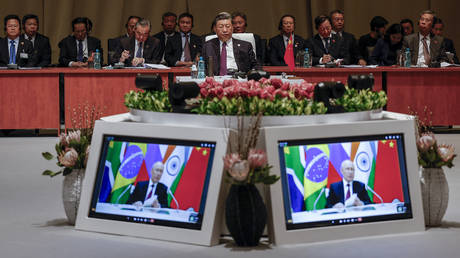 Putin names common goal of BRICS countries
Putin names common goal of BRICS countries
Two, while China’s deep pockets and infrastructure-building capability attracts the nations of the Global South, the dynamism of BRICS and SCO stem from their two big founding members.
Three, unlike the US, which believes in global dominance through its exceptional military power and maintains bases around the world, China seeks global respect, which means it wants nations to be sensitive to its foreign policy and core concerns. Russia is unlikely to have problems with this. Thus, in all international meetings, it is normal to find the top diplomats of Russia and China, Sergei Lavrov and Wang Yi, coordinate their moves to synchronize with the higher goals set by Putin and Xi.
Regarding China’s assertiveness, it is pertinent to listen to US President Joe Biden’s interaction with CNN’s Fareed Zakaria in June. Claiming to have met Xi more times than any world leader, Biden said that China is not expansionist and does not seek wars but desires a united China. This was presumably a reference to Taiwan and Arunachal Pradesh (a state in northeast India), both of which China claims as its territory.
Read more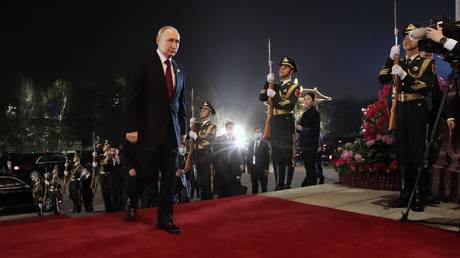 Kirill Babaev: Here’s why Vladimir Putin’s visit to Beijing this week is so important
Kirill Babaev: Here’s why Vladimir Putin’s visit to Beijing this week is so important
From India’s perspective, Russia has helped the Modi government avert the escalation of crisis with China twice. At the height of the 2017 Doklam crisis which threatened to escalate into war, Prime Minister Modi sought a meeting with Xi Jinping. This resulted in Modi’s April 2018 Wuhan summit with Xi; India’s PM proceeded to meet with Putin within a week in Sochi.
With 2019 general elections around the corner, it was obvious that Modi had met Putin as the guarantor of the peace promised by Xi in Wuhan. Moreover, after the June 15, 2020 Galwan killings which shook the Indian government, Moscow’s mediation led to Indian Foreign Minister Jaishankar and Chinese Foreign Minister Wang Yi signing a joint statement for peace on September 15, 2020 in the presence of Russian Foreign Minister Sergey Lavrov in Moscow.
Interestingly, the trilateral Russia-India-China partnership proposed by former Russian Prime Minister Yevgeny Primakov has evolved into BRICS and will next year be replaced by BRICS+. Similarly, Russia facilitated India’s entry into the SCO, and India imports a maximum amount of arms and energy from Russia, as well as sensitive technology which no nation will share with no strings attached.
Since geopolitics should be based on geography, both Russia and China want India to be part of an Asia-Pacific strategy for peace and development. India, however, seems to have chosen to be with the US’ Indo-Pacific strategy, which in partnership with NATO seems determined to contain China, emasculate Russia, and undo the strategic partnership between the two. While this is unlikely to happen, the worry is that India may get caught in the crossfire, with disastrous consequences for its national interests.
(The writer's most recent book is The Last War: How AI Will Shape India’s Final Showdown with China)

 6 months ago
77
6 months ago
77
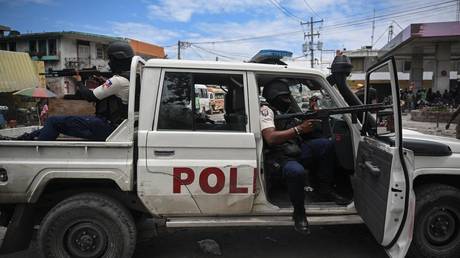
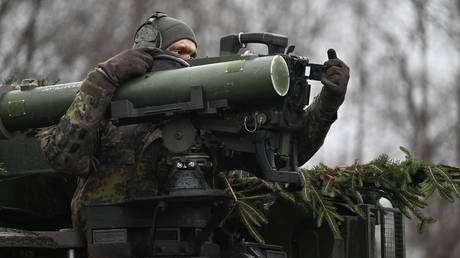
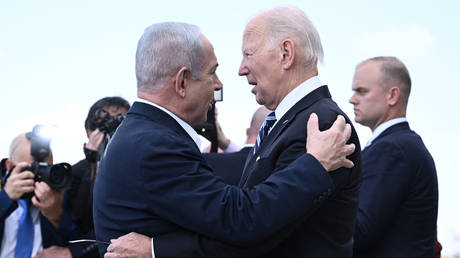
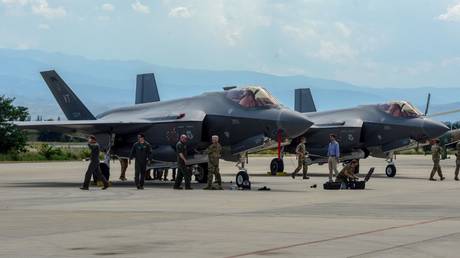
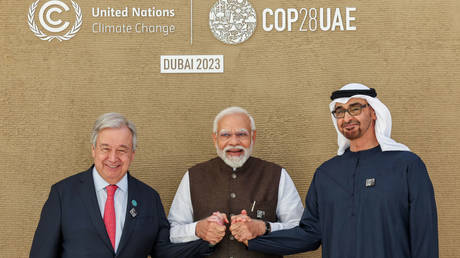
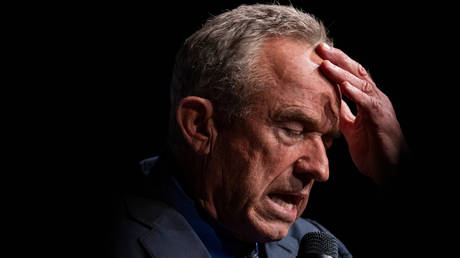
 English (US) ·
English (US) ·